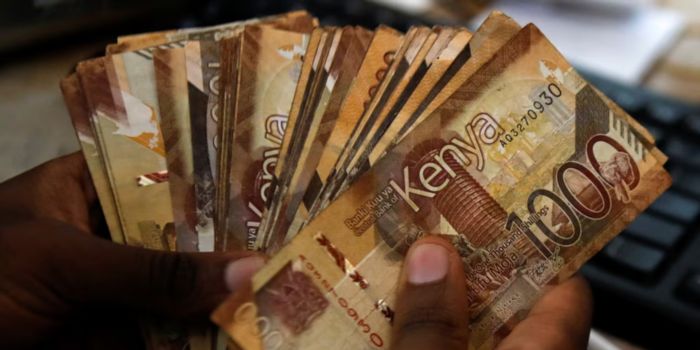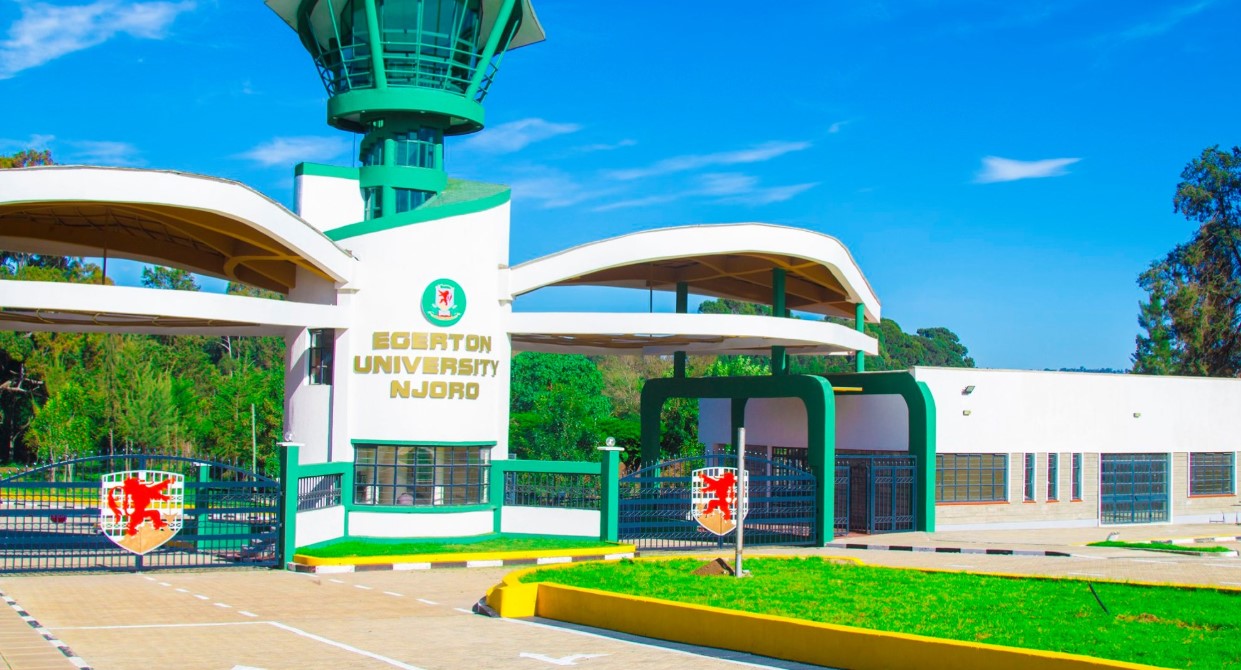Mounting pending bills choking SMEs, risking jobs - CoB Margaret Nyakang’o

CoB Margaret Nyakang’o said the unpaid bills are causing “liquidity challenges, potential business closures, job losses, and increased government expenditure in the form of penalties, interest charges, and eroding trust from the private sector”.
Mounting government arrears are squeezing cash flow for SMEs and threatening job security, Controller of Budget Margaret Nyakang’o has warned.
Speaking before MPs, she urged the Treasury to urgently settle Sh524.84 billion in pending bills to ease pressure on the private sector, stressing that without swift action, the growing arrears could destabilise the wider economy.
More To Read
- Penalties on pending bills surge by Sh3.7 billion, hitting Sh25.28 billion
- State House drains Sh3.6 billion in 42 days, raising alarm over reckless spending
- SMEs warn soaring prices of raw materials, costly licences threaten survival
- Government's pending bills surge by Sh104 billion in three months
- Tourism and agriculture leading in hiring as other sectors stumble
- Multinationals turn to Kenyan professionals, cut expatriate staff
Nyakang’o, appearing before the Budget and Appropriations Committee during the presentation of the Budget Implementation Review Report for the 2024/2025 financial year, revealed that unsettled bills had risen from Sh516.27 billion the previous year to Sh524.84 billion as of June 30, 2025.
She said State Corporations accounted for the bulk, owing Sh404.33 billion (77 per cent) primarily for contractor payments, supplier arrears, statutory deductions, and pensions, while Ministries, Departments, and Agencies (MDAs) owed Sh120.51 billion (23 per cent), largely tied to historical bills under recurrent and development expenditures.
Highlighting the impact on businesses, Nyakang’o said the unpaid bills are causing “liquidity challenges, potential business closures, job losses, and increased government expenditure in the form of penalties, interest charges, and eroding trust from the private sector”.
She urged the Treasury to fast-track verification and payment of eligible arrears to restore confidence in government payment systems.
The Controller of Budget also pointed out weaknesses in financial planning, noting the overreliance on Article 223 of the Constitution, which allows the Treasury to authorise withdrawals for ongoing programmes without prior approval.
“In the FY 2024/25, a total of Sh83.96 billion in withdrawals were authorised by the CS National Treasury under Article 223, of which the Controller of Budget authorised Sh66.54 billion,” she said, warning that such actions contravene Paragraph 40(4) of the Public Finance Management Regulations, 2015.
During the same session, Central Bank Governor Kamau Thugge briefed the committee on the new Risk-Based Credit Pricing Model, effective September 1, 2025.
“With this model, all banks shall have a common reference rate that will make borrowing more transparent and make lending rates more responsive to monetary policy decisions,” Thugge said.
Looking ahead, Dr Thugge projected that the economy will maintain its recovery, with real GDP growth expected at 5.2 per cent in 2025 and 5.4 per cent in 2026.
He attributed this to strong service sector performance, a rebound in agriculture, and improvements in industrial output, but noted that continued delays in settling pending bills could slow overall economic progress.
Top Stories Today











































